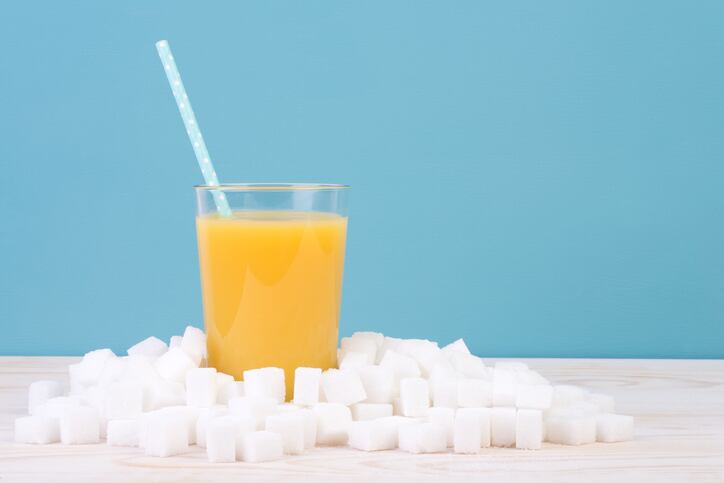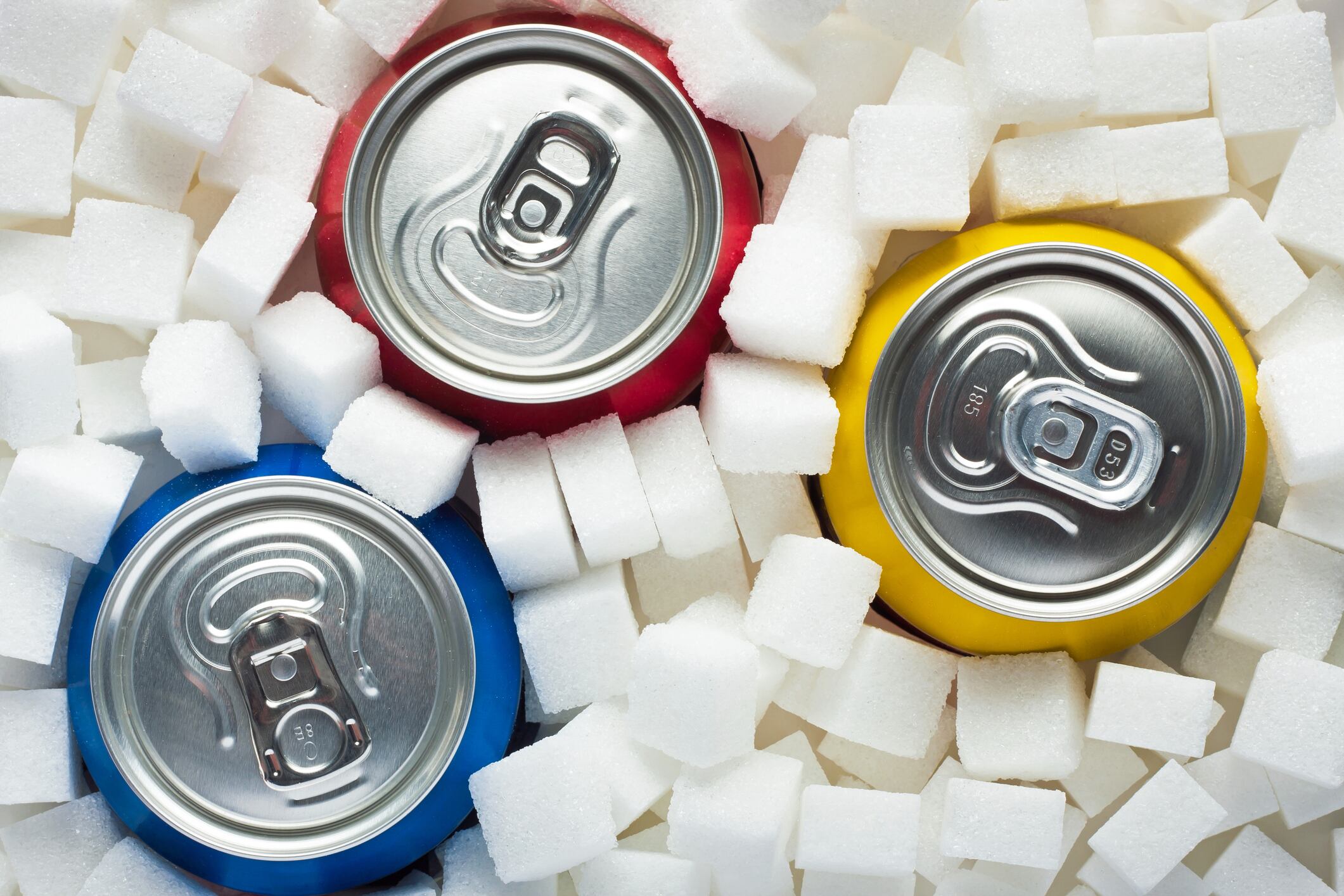In 2014, Mexico introduced a 10% tax on all sugar-sweetened beverages, including fruit drinks and sweetened iced tea to tackle obesity.
Five years on, however, and the National Association of Producers of Refreshments and Carbonated Water (ANPRAC) says it has not been effective.
According to figures from the Ministry of Health, the sugar tax reduced sweetened beverage sales by 12% in its first year.
However, this leveled out in the second year and, by the third, consumption began to creep up again, rising between one and 1.5%, said Tania Ramos, information and analytics manager at ANPRAC. “This year, we saw an increase of 2% in the first quarter,” she added.
“After five years, we have seen that the tax on soft drinks affects the poorest Mexicans and is increasing total inequality,” Ramos told FoodNavigator-LATAM.
“Around 60% of all that is collected by the Ministry is from the poorest, and 20% of these people cannot access the basic food basket, so that is bad.”
Sugar taxes: Hard-hitting but 'welfare-enhancing’?
But even if a sugar tax is hitting the poorest people the hardest, is it still desirable from a societal perspective?
Yes, according to a paper published online this year, written by Hunt Allcott, associate professor of economics at New York University, Benjamin B. Lockwood, assistant professor of business economics and public policy at the University of Pennsylvania and Dmitry Taubinsky, assistant professor of economics at the University of California, Berkeley.
They argued that there is an optimal tax that depends on three factors: external costs to the country’s health service; internal costs to individual health; and regressivity, or the extent to which the financial burden and internality benefits from the tax fall on the poor.
“Our calculations suggest that sugar-sweetened beverage taxes are welfare enhancing,” they wrote, in the paper which offers seven concrete suggestions for policymakers considering a sugar tax on drinks.
While it is true that poorer consumers will pay more in taxes on average because they tend to drink more sugary drinks than other socio-economic groups, their health will benefit as a result, the authors wrote.
“As a result, the fact that poorer consumers purchase more sugar-sweetened beverages does not necessarily imply that they are made worse off by the tax.”
However, the extent of this offset is variable, they warn.
“If consumers substantially reduce sugar-sweetened beverage consumption in response to a tax, then the corrective benefits are large relative to the financial burden, making the tax less regressive. On the other hand, if a tax has little effect on consumption, then the corrective benefits are relatively small.”
Some stakeholders, such as Dr. Juan Rivera, director of Mexico’s National Institute of Public Health (INSP), keynote speaker at the Food Governance conference today (5 July), argue that even if sugary drink taxes do not significantly reduce intake, they are still beneficial in filling public coffers and covering health costs.
ANPRAC: ‘We need an integral solution’
ANPRAC is calling for more solutions to tackle obesity.

“As an industry, we are in charge of presenting a solution to this problem, but we need an integral solution. It is not only with a tax that we will solve these problems. In Mexico, 50% of people do not do any physical activity so [action] is needed there, for example.”
Healthy reformulation is another option, Ramos said.
ANPRAC members have reduced the calories of their product portfolio by around 7% in the past six years and 50% of their products are now low-calorie or no-calorie soft drinks.
Calling for “joint work between the public and private sector, in order to develop efficient and long-term public policies”, the trade group said it is also in favor of Mexico’s nutrition label – the COFEPRIS designed SEFAB label - to help consumers make healthier food and drink choices.
The authors of the paper also called for a multi-pronged approach.
"Sugar-sweetened beverage taxes are not a panacea—they will not, by themselves, solve the obesity epidemic in America or elsewhere. But sin taxes have proven to be a feasible and effective policy instrument in other domains, and the evidence suggests that the benefits of sugar-sweetened beverage taxes likely exceed the costs," they concluded.
"Should We Tax Sugar-Sweetened Beverages? An Overview of Theory and Evidence"
Available online 5 April 2019, accessible here
Authors: Hunt Allcott, Benjamin B. Lockwood, and Dmitry Taubinsky




